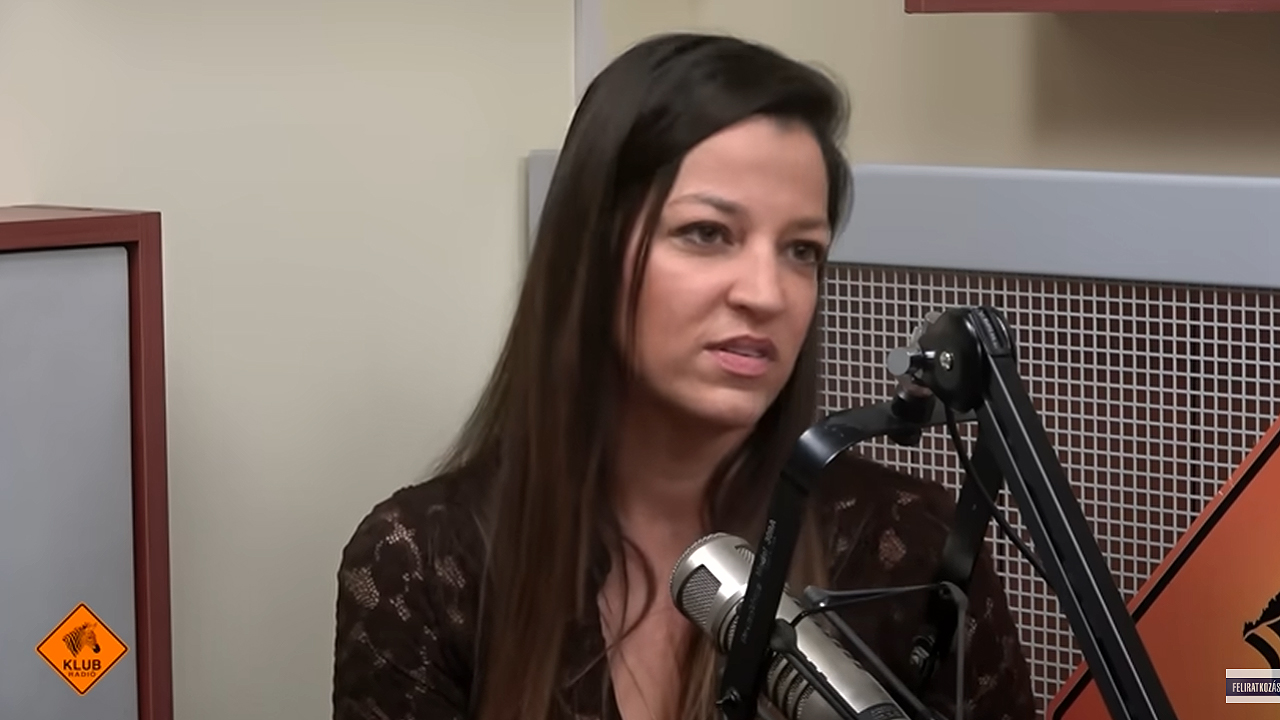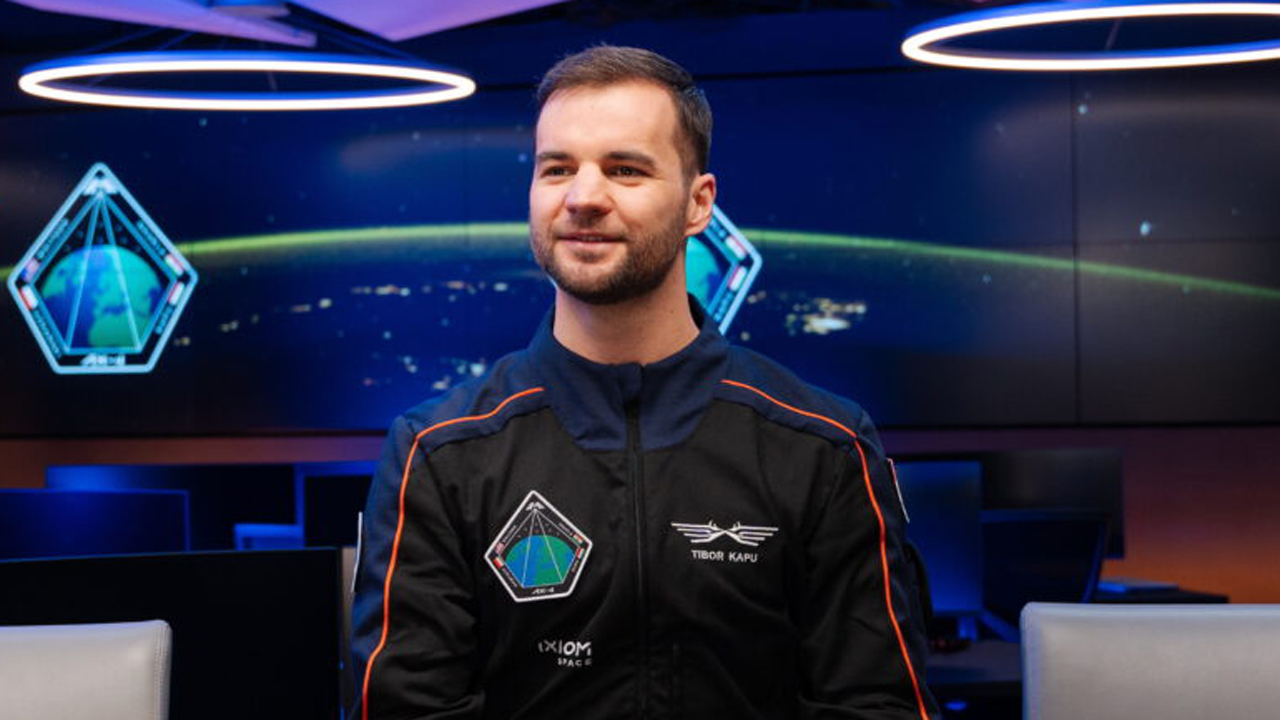| A leckéhez tartozó hangfájlt itt találod! |
Most pedig megtanulhatod velünk, hogyan kell vészhelyzet esetén segítséget kérned a strandon!
A trip to the seaside is supposed to be a fun-filled adventure and a chance to enjoy the day. But a beach trip can quickly turn sour if an injury occurs while soaking up the sun. No one likes to think about the dangers at the beach when heading there for a good time. But there are certain things that can pose risks at the seaside. Here are some of the top dangers.
Sunburn: Heading to the beach requires applying a high SPF product and reapplying it at least every hour, maybe more frequently for those who are spending a lot of time in the water. Pay special attention to the often forgotten areas of the body, such as the back of the knees or the tops of the feet. Use an umbrella to create a shady spot when sitting in the sand.
Jellyfish stings: Many jellyfish stings are not life-threatening, but they can certainly pack a wallop of pain. If a sting occurs, remove the stinging cells with a stick or something else and rinse the area with salt water. Fresh water can irritate the stinging even more. Those with a severe allergic reaction should visit a hospital.
Shells and hazards: Cuts, abrasions and even broken bones are possible on the beach. That’s because people are often paying attention to the scenery and don’t realize what’s right under their feet. Crab claws or broken shells can cause deep cuts on the feet. Some people simply twist or break an ankle from a hole in the sand.
FIRST AID AT THE BEACH
Man: Hello.
Nurse: Hello.
Man: I think I need some help. I’ve just cut my foot.
Nurse: I see. How did it happen?
Man: I was coming out of the sea and something at the bottom of the water cut my foot. I have no idea what it was, and it started to bleed.
Nurse: Okay. Put your foot up, please. I’ll flush it out with water, clean it, and put some antiseptic ointment on it. It may hurt a bit, but don’t worry, you’ll be all right soon.
Man: Will you bandage it, too?
Nurse: Yes, of course. It has to be bandaged to prevent any sand or dirt contact with the wound.
Man: Thank you.
IMPORTANT PHRASES
(I think) I need some help. – (Azt hiszem) egy kis segítségre van szükségem.
I’ve cut my foot/hand/etc. – Elvágtam a lábam/kezem/stb.
How did it happen? – Hogyan történt?
I have no idea. – Fogalmam sincs.
It started to bleed. – Elkezdett vérezni.
Put your foot up. – Tegye fel a lábát.
I may hurt a bit. – Lehet, hogy egy kicsit fájni fog.
Don’t worry. – Ne aggódjon.
You’ll be right soon. – Hamarosan rendben lesz.
IMPORTANT WORDS
to need help – segítségre van szüksége
to cut – vág, elvág
to happen – történik
sea – tenger
at the bottom of … – valaminek az alján
to bleed – vérzik
to flush – öblít, kiöblít
antiseptic – fertőtlenítő
ointment – kenőcs
to hurt – fáj
to bandage – bekötöz (kötszerrel)
sand – homok
dirt – kosz
wound – seb
|
– Nyelvtan: múlt idejű szenvedő szerkezet – Drew Barrymore 30 éve a filmvásznon – Álláskeresés friss diplomával – készüljünk fel angolul is! |
 Az 5perc Angol magazin júniusi számából!
Az 5perc Angol magazin júniusi számából! 

